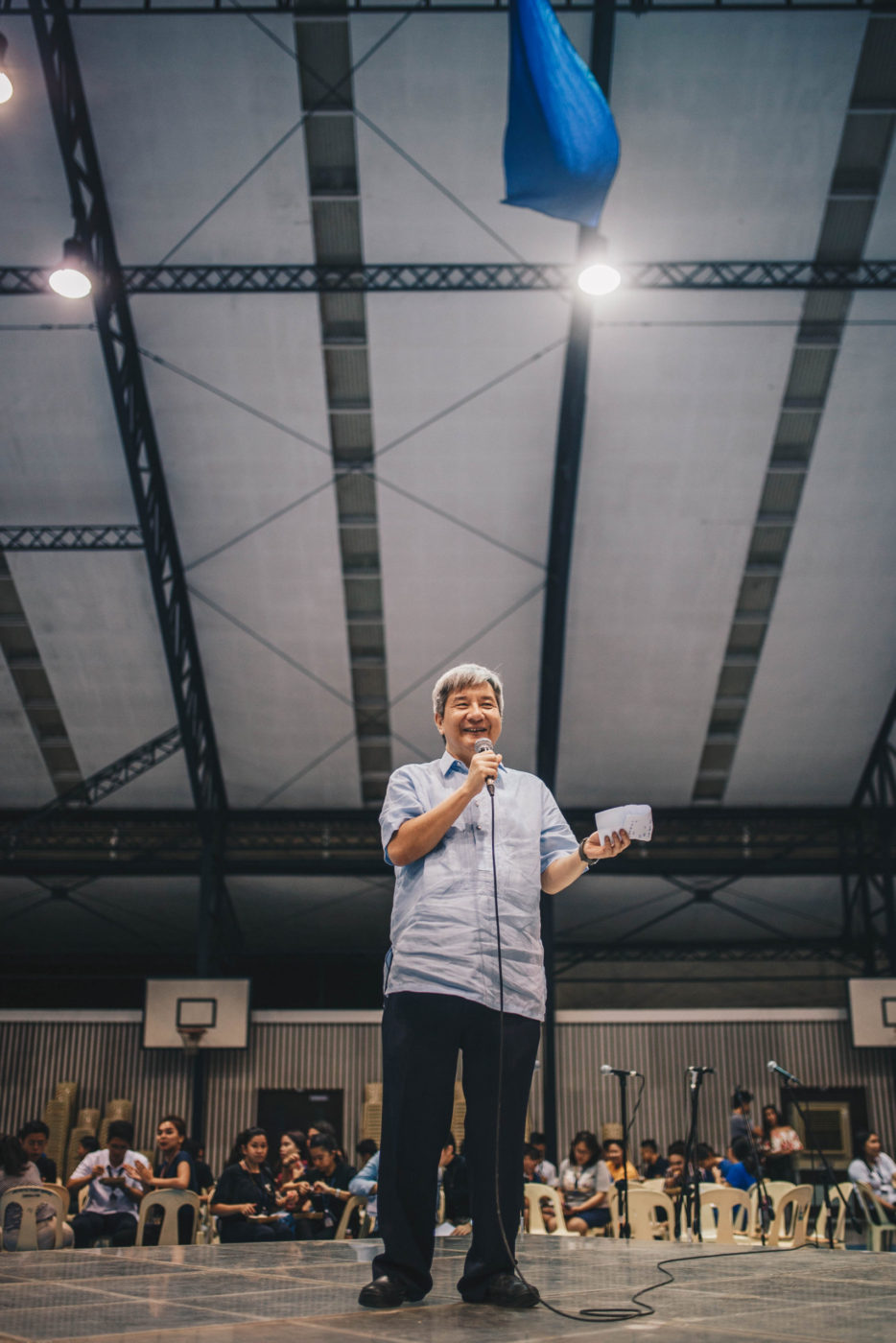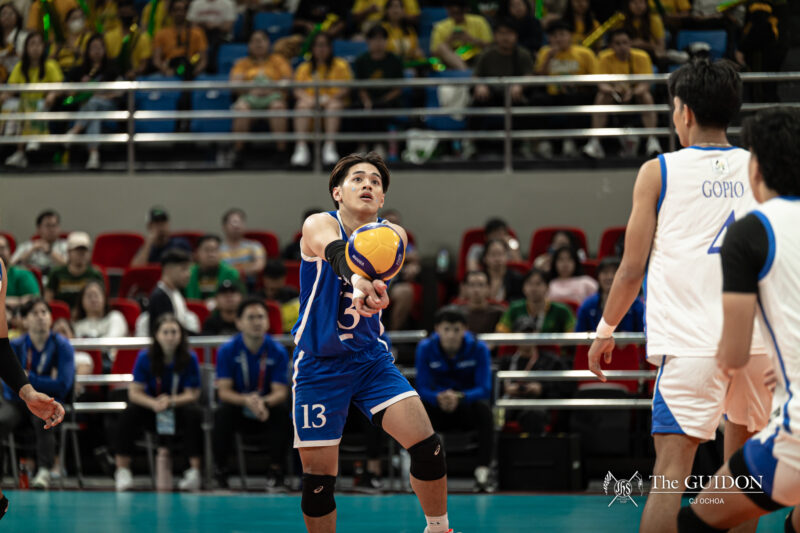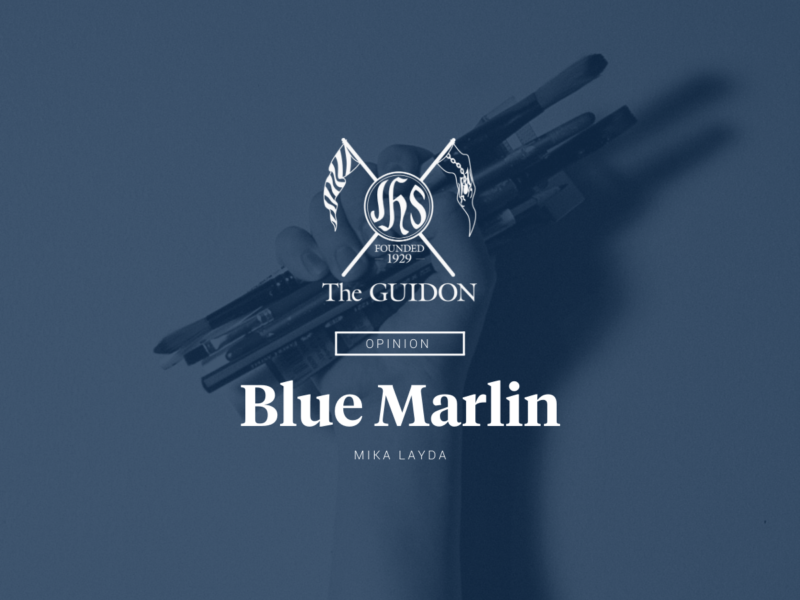ROBERTO “BOBBY” C. Yap, SJ officially assumed office as Ateneo de Manila University’s (ADMU) 31st President on August 1, amid the “extraordinary circumstances” brought by the COVID-19 pandemic.
Yap’s first term as University President was initially scheduled to begin on June 1, but the ADMU Board of Trustees (BoT) extended his predecessor Jose Ramon Villarin, SJ’s term to July 31 for “management continuity” purposes. Yap’s term at Xavier University – Ateneo de Cagayan (XU) was also extended by XU’s BoT for the same reason.
Given the circumstances surrounding the COVID-19 pandemic and Villarin’s term extension, Yap described the beginning of his term as “a very rocky start and a very unusual, a very new normal.” According to him, the situation has also created a “paradigm shift” in the mode of learning.
“It’s a new normal now. We lead [ADMU] in that sense, make it robust, make it resilient, make sure Ateneo education the Ateneo way continues even in spite of the pandemic and the quarantine,” Yap said.
Changing leadership
According to BoT Chairperson Bernadine Siy, Yap was chosen as University President after a multi- step process that began with the formation of a search committee. The BoT eventually chose Yap as “the leader best suited for the job at hand” following consultations between school management, the BoT, key resource persons, and other University stakeholders.
Siy explained that it has been the responsibility of the University’s various leadership bodies to always prepare ADMU for various challenges so that it continuously succeeds.
“Nothing demarcates a change in times and demands on the University as much as the [COVID-19] pandemic we are going through today,” Siy added.
Prior to the pandemic, Yap said that his goal was about making ADMU stand out among other Metro Manila schools through its mission and identity as a Jesuit institution. In particular, he said that nation-building and whole-person formation are important priorities for the University.
Yap added that Villarin’s AMDG 2030 masterplan will also have to be revised “based on the new environment” and ADMU’s strengths and weaknesses. However, he clarified that the Jesuit ideals will remain the same despite how “dramatically” the administration’s plans have changed.
Crisis management
According to Yap, his transition as University President was in “crisis management mode,” as he has been discussing strategic action crisis plans with his administration.
He said that he first ensured that the University assisted those who were affected by the pandemic, such as the poor. Specifically, Yap noted their efforts in providing personal protective equipment and packed meals for communities in need.
He also claimed that the University has been looking into ways to combat the pandemic, noting FASSSTER, the policy tool developed by the Computer Studies group to monitor the spread of COVID-19. He is also currently finalizing his plans to establish the Ateneo Molecular and Diagnostics and Genetics Laboratory, the University’s first-ever COVID-19 testing laboratory.
In addition, Yap claimed that the administration will distribute portable learning packets containing hard copies of lessons to students who do not have sufficient gadgets or internet access.
Yap emphasized the need for education to continue in spite of the pandemic. Referring to the Ateneo Blue Cloud, he assured that the “adaptive” and “ home-based ” learning system is still “markedly Jesuit education” where hol ist ic formation can continue.
He also said that they have been drawing up scenarios of possibly returning on-site but with caution. Yap explained that if classes were to resume on-site, there would be social distancing and sanitary measures present.
“The more important thing is the load. If a class would have 40, now we have to bring it down to 20 or 15. We might have to go shifting class every other day, instead of a different group. Break up the group—a morning shift and afternoon shift because of the classroom situation,” Yap said.
Paradigm shift
Overall, Yap said that the “Ateneo campus can still exist virtually,” but a “big shift” must happen because students have to take the initiative to do their schoolwork. He also called on both students and parents to come together and work alongside the University to make online classes work.
“The students really have to be self-motivated [and] self-directed to do this, for online learning to work. [They] have to do—and I think [they’re] very good at this—peer-to-peer learning, helping each other. If people have difficulty accessing the material that’s online or can’t join the online classes, [then] help each other with it,” Yap said.
Siy added that while Villarin prepared Ateneo for the current crisis, Yap’s job is to prepare the University for the future.
“Fr. Jett has completed his leg of the race with many feathers in his cap, and now the baton has been passed to Fr. Bobby, for his turn. […] Together with Fr. Bobby at the helm, the Ateneo community looks forward to continuing to thrive in the post-COVID future,” Siy added.
With reports from Franchesca Fajemolin.







